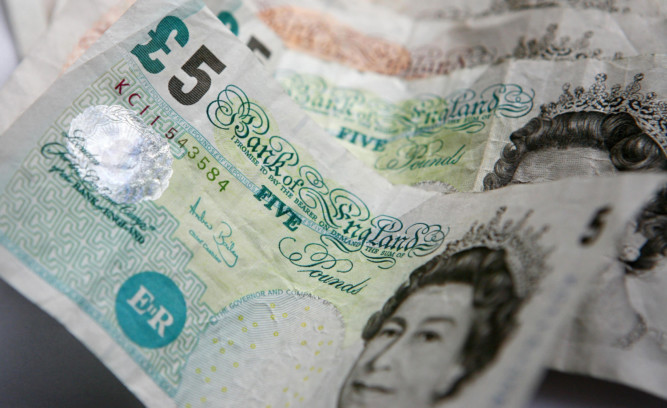
Two business owners from each side of the debate discuss the potential impact of the referendum on industry.
Let’s seize the day
by Frances Barron, Owner of The Dessert Depot and Handmade Cheesecake company. On board of Business for ScotlandScotland has an opportunity in the referendum, a rare chance to remodel and improve our nation, keeping what’s in our interests and losing what isn’t. We can build an entrepreneurial hothouse to drive an economy.
Post-independence business openings are impressive; the already strong ‘Scotland’ brand will be strengthened by being freed from the UK’s international baggage and standing in a unique position, making the most of our cultural and business hinterland.
Scotland is already a net exporter, according to HMRC figures, (the UK is a net importer) and we can further improve our balance of trade. The overseas trade embassies suggested in the White Paper would help to sell Scotland abroad and boost our export performance, generating wealth, employment and tax revenues.
What would damage exports is the UK Government taking us out of the EU and cutting us off from 500 million potential customers. The opportunities of independence look far better than the risks of being part of the UK.
A Scottish Government focussing on the needs of Scots businesses rather than being obsessed with the City of London offers the possibility of reindustrialising our communities, opening up business and employment opportunities.
Streamlining the regulatory landscape and making it easier to comply, and enforce compliance, would cut business costs while improving protection for people and business.
This isn’t an election, it’s a chance to choose a new future. A Yes vote brings a host of advantages and opportunities and it’s one that businesses will be reaching out and grabbing with both hands.
UK is the business
by Daniel Johnson, Managing Director of the Studio One and Paper Tiger gift shops, and Labour candidate for the Holyrood seat of Edinburgh Southern
Britain is good for business. By having one set of rules, one tax system, one currency, Scottish businesses get the benefit of trading in the world’s fifth-largest market. Independence would remove these advantages we currently have and replace them with complexity, uncertainty and risk.
Having two systems, two sets of regulations and two currencies just imposes more ‘red tape’, more complexity and more cost. For small businesses like mine, with hundreds of suppliers most of which are in other parts of the UK, working together as part of Britain just makes good business sense. As a country Scotland sells more than twice as much to the rest of the UK annually than we do to the rest of the world. Having to unpick this complex web of business relationships will cost heavily in terms of jobs and investment in Scottish businesses. There are already examples of where companies have not moved to Scotland because of uncertainty over key issues such as currency and interest rates. In the unlikely event of a ‘Yes’ vote, many more currently Scottish-based businesses would consider their future and many would be forced to consider a move out of Scotland.
As taxpayers, we would have to pay for set-up costs that are unnecessary and would amount to more than £1bn. Interest rates would rise, meaning we shall pay more for mortgages, loans and on our credit cards.
What we currently have is the best of both worlds. With devolution we get to make the decisions that matter on schools, hospitals and local services here in Scotland. The existing devolution settlement will be added to with further powers being devolved after a ‘No Thanks’ vote.
Britain is good for business and devolution is good for people.

Enjoy the convenience of having The Sunday Post delivered as a digital ePaper straight to your smartphone, tablet or computer.
Subscribe for only £5.49 a month and enjoy all the benefits of the printed paper as a digital replica.
Subscribe